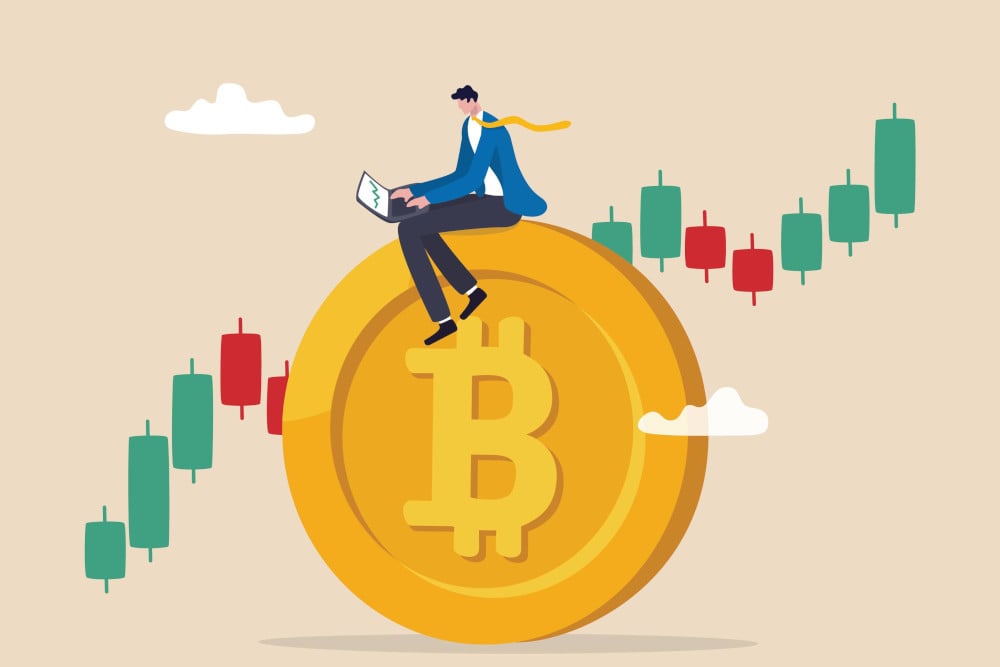In less than a week three crypto-friendly banks bit the dust. Many expected the downfall of the Silicon Valley Bank (SVB), and the resulting contagion which saw the collapse of Silvergate and Signature banks, to have a catastrophic impact on cryptos. But that hasn’t happened.
One of the key crypto-centric events that arose as a result of these collapses was the depegging of USDC, one of the most popular stablecoins that’s used widely in the crypto industry.
However, while Lars Seier Christensen, chairman of Concordium and founder of Saxo Bank, agrees that the collapse of the banks is another challenge added to the already difficult situation for crypto the industry, it’s not all doom and gloom.
Read More: SVB repercussions: Global banking stocks suffer big losses
“It does seem that the companies holding funds will be fully reimbursed, also reflected in the USDC recovery, which means that the impact on project treasuries will be less severe than the FTX collapse,” says Christensen.
Look elsewhere
Danny Christ, CEO, KryptoPips believes the failure of the banks could cause one of two scenarios. For one, the Federal Reserve, the US central bank, could cut rates, which would weaken the dollar, resulting in a positive impact on crypto. On the other hand, Christ argues that failing banks could also have a ripple effect on other banks around the world and cause a lot of pain in the market, which would likely spill over into crypto as well.
“However, the second scenario could still be positive for an asset like Bitcoin, if the theory of Bitcoin as an independent store of value is observed during times like these,” believes Christ.
Michel Caspers, Co-Founder & CMO of Unity Network agrees. He thinks the current situation can benefit the crypto market, as it could help showcase its true potential as a perfect hedge to inflation.
Read More: Is Credit Suisse too big to be saved?
“Although this may make traditional bankers uneasy, it’s time for them to adapt to a new reality where cryptocurrencies have earned their place and are no longer seen as toxic or dangerous,” says Caspers, adding that it’s time crypto is welcomed as a vital player in the financial world.
Agreeing that in the short term, the closure of the “crypto-friendly” banks, could hamper the progress of other financial entities wanting to open up to the industry and could delay its growth, Jakub Bojan, CEO of decentralized debt marketplace, Soil, thinks the crypto sector is agile enough to take this in its stride.
“Ultimately, the success of the industry will depend on its ability to provide real-world value to users and companies, rather than on the actions of individual banks or regulators,” believes Bojan.
Go DeFi
In fact, Daniele Servadei, CEO of Sellix sees a silver lining to these events.
“The collapse of these banks has highlighted the fragility of the banking system for those who are not affiliated with the big four banks,” stresses Servadei. He believes this realization could lead to a renewed interest in decentralized finance (DeFi), as more people recognize the potential of DeFi systems that are not reliant on traditional banking institutions.
According to James Davies, CPO at Tacans Labs, the recent market action following the collapse of the banks could be the result of people moving their money from banks to crypto. He shared that DeFi has also seen a spike in usage, with the total value locked (TVL) going up from $42.9 billion to $47.9 billion earlier this week.
“Overall, while the collapse of SVB and Silvergate has created some significant challenges for the crypto industry, it may also lead to a new wave of interest in DeFi and alternative financial services that could pave the way for a more resilient and decentralized financial system in the future,” concludes Servadei.








